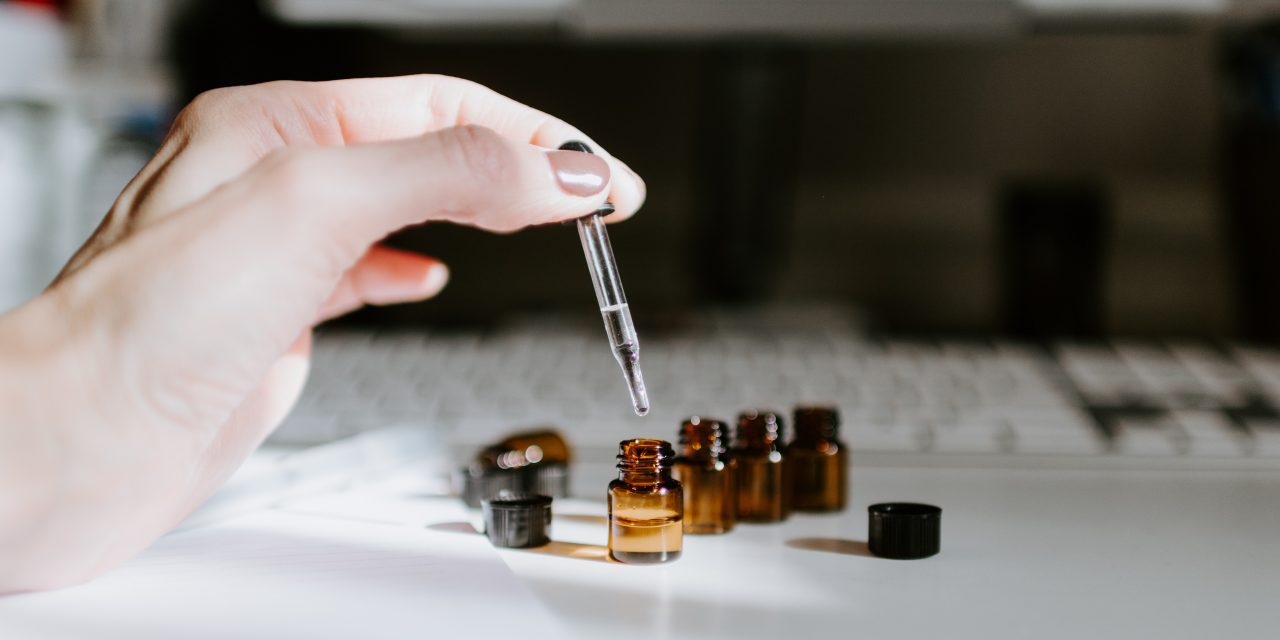Americans and people all over the world are suffering from high cholesterol more than ever before.
An elevation in cholesterol is not good news in itself, but it also pinpoints to a heightened risk of developing heart disease or peripheral artery disease, as well as possibly inducing a stroke.
While a better diet and perhaps some form of medication can remedy the abnormality, some other forms of treatment are always welcomed in the medical community when tackling high levels of cholesterol.
With the various legislations passed recently and the general stigma lifted, cannabis has shown promise in treating those experiencing spiked cholesterol levels in their system.
Since the United States has only legalized hemp and its derivatives, primarily CBD, federally through the Farm Bill of 2018, CBD oil would be the most accessible version of marijuana to treat cholesterol.
CBD, or cannabidiol, is the non-psychoactive component found in the marijuana plant that is known for its therapeutic and healing qualities for the human body.
Although CBD does not produce a euphoric high like THC, the sheer amount of positive effects it brings to the table is noteworthy (check CBD vs THC for more details).
CBD products are known for alleviating chronic pain, reducing acne, paving the way to a cure for Alzheimer’s and Parkinson’s Diseases, and now lowering cholesterol levels.
Due to the overall welcome from governments, medical professionals, scientists, and the general public, CBD is becoming a great economic investment.
In 2018, the market size of CBD was estimated at $270 million. According to Healthcare Weekly, predictions dictate that the market size for CBD is going to grow up to $20 billion by the year 2024.
With easier access and a myriad of great benefits, CBD oil can become the answer to day-to-day health problems like cholesterol.
Cholesterol is an organic compound produced by the liver that naturally exists in the human cells, synthesizing vitamin D, hormones, and other substances during the digestion process. Since the body produces, the majority of cholesterol, food, and other intakes only contribute a small amount.
As cholesterol and fats are found within the bloodstream, a good balance of the compound must be maintained.
An LDL, or low-density lipoprotein, is considered as “bad” cholesterol, meaning that the compound accumulates within blood vessels so much so that arteries can harden and get narrower to the point of ruining a healthy blood flow.
On the other hand, HDL, or high-density lipoprotein, is referred to as “good” cholesterol, helping the degradation of the LDL.
According to CBD Kyro, other options for treatment should be explored and welcomed, such as CBD oil that can be taken on its own or splashed into a daily morning cup of coffee.
The usual treatments for poor cholesterol levels include blood thinners and statins, which are life-changing and safe options to prevent future diseases in that area potentially but are not always practical.
But how does CBD oil work with the human body in the first place? Specifically in correcting the balance of the cholesterol levels?
According to Cool Things Chicago, the human body contains an endocannabinoid system in which there are receptors that CBD oil comes in contact with. These receptors naturally produce cannabinoids as well.
Once the receptors and CBD oil react, the body then produces more cannabinoids and treats multiple conditions from thereon.
Regarding the cholesterol, cannabidiol binds with the concerned receptors in the system that ultimately control blood pressure and the compound.
Due to CBD oil’s anti-inflammatory and anti-anxiety properties, the substance proves to be an effective way to treat high blood pressure, which is one of the consequences of high levels of cholesterol.
Even though there are not that many studies conducted on the relationship between CBD oil and cholesterol levels, the research done so far contests that there is a positive correlation between the two substances.
A 2013 study published in Diabetes Care examined the relationship between cannabis, cholesterol, glucose, and insulin.
Although the chosen variables seem to be unrelated, it’s quite the opposite. High cholesterol can cause a higher risk of developing diabetes, which is a condition where the human body produces insufficient insulin or none whatsoever.
Diabetes also lowers HDL levels while simultaneously increasing the LDL levels, causing a more significant problem with cholesterol within the body.
The study surveyed 30 chronic cannabis smokers, whose median was six joints per day over a nine and a half year period of time.
According to the study, those chronic smokers had lower plasma HDL, but no change in the LDL. While a heavy dose of CBD lowers the “good” cholesterol, it does not increase or decrease the levels of the “bad” cholesterol.
However, another study found in BMJ Open looked at their participants’ blood serum, which is the part of the blood that remains after clotting occurs.
This particular study concluded that cannabis smokers had a higher prevalence of serum HDL cholesterol and total cholesterol levels, meaning that there was an elevation of the “good” cholesterol.
A drug called Rimonabant is usually used for obesity and cholesterol levels. Although the drug itself is not approved in the United States, it does have a notable feature of acting upon the brain’s receptors.
Rimonabant is a CB1 antagonist, like CBD, which further suggests that medical cannabis potentially has the right properties and applications in helping to improve cholesterol levels.
CBD oil has shown the promise of aiding all people from various conditions, be it physical or psychological.
From legislations giving the substance its stamp of approval, as well as doctors and scientists vouching for its use, CBD is on a whole new mission that will make sure to have even more concrete answers on its effects on the human body.
The relationship between CBD and cholesterol has plenty of room to grow. The studies that have been already conducted illustrate great promise in this new form of treatment for cholesterol-related problems.
As the problem with cholesterol tends to increase more and more every year, several options for the condition should be available. Soon, CBD oil will be one of the common options to choose from.
Before using CBD to treat cholesterol or any other health issues, do consult a doctor and check the laws and regulations of your state to determine your intake.











